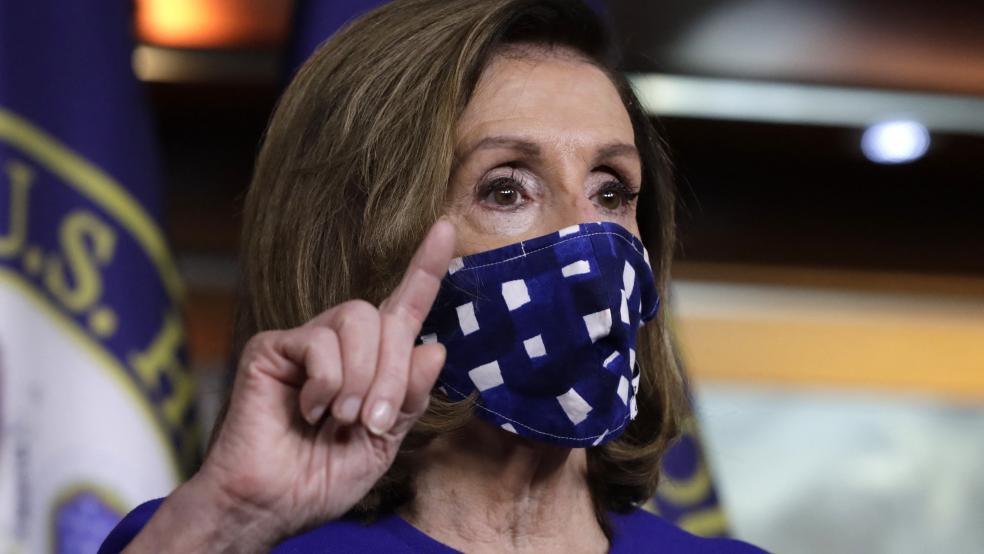Lawmakers introduced a stopgap funding bill Tuesday that would fund the government until December 18, giving them another week to hash out a full-year bill as well as a relief package to boost the pandemic-ravaged economy. The House is expected to vote on the bill Wednesday, followed by the Senate.
Negotiations over the relief bill are still hung up on some basic issues, however.
Senate Majority Leader Mitch McConnell (R-KY) on Tuesday proposed to drop the two main stumbling blocks – liability protections for businesses that Republicans want and aid for state and local governments that Democrats want.
“What’s the way forward? We know the new administration is going to be asking for another package. What I recommend is we set aside liability and set aside state and local and pass those things that we agree, on knowing full well we'll be back at this after the first of the year," McConnell said, referring to expectations that Congress would negotiate a new Covid relief package once President-elect Joe Biden takes office in January.
McConnell’s proposal was quickly rejected by Senate Minority Leader Chuck Schumer (D-NY), who charged that it would lead to job losses for essential workers like firefighters and police officers. “Leader McConnell has refused to be part of the bipartisan negotiations,” Schumer said. “And now he’s sabotaging good faith, bipartisan negotiations because his partisan ideological effort is not getting a good reception.”
House Speaker Nancy Pelosi (D-CA) was also sharply critical of McConnell’s offer. “Leader McConnell's efforts to undermine good-faith, bipartisan negotiations are appalling,” Pelosi said in a statement. “What does Leader McConnell have against our heroes? Our health care workers, our first responders and other frontline workers have risked their lives to save lives. Now, Leader McConnell wants them to lose their jobs and our constituents to lose the essential services they provide. With vaccine distribution being administered by the states, state and local funding is central to our efforts to crush the virus.”
Among those working directly on the relief package, Sen. Mitt Romney (R-UT) has proposed a short-term liability shield, but his plan has not been embraced so far. Lawmakers including Sens. John Cornyn (R-TX), Lindsey Graham (R-SC), Richard Durbin (D-IL) and Angus King (I-ME) are reportedly continuing to work on a compromise on the question of liability.
A push for more checks: The $908 billion proposal from a bipartisan group of centrists that is serving as a general framework for the negotiations does not include direct payments for individuals, but White House officials on Tuesday pushed for the inclusion of $600 checks for most Americans – half the level provided by the Cares Act last spring.
President Trump has privately expressed support for providing as much as $2,000 per person, according to The Washington Post, which noted that the first round of payments included Trump’s name printed on the checks.
Sens. Josh Hawley (R-MO) and Bernie Sanders (I-VT) have also called for another round of direct payments, saying they would oppose the relief bill if it fails to include them.




